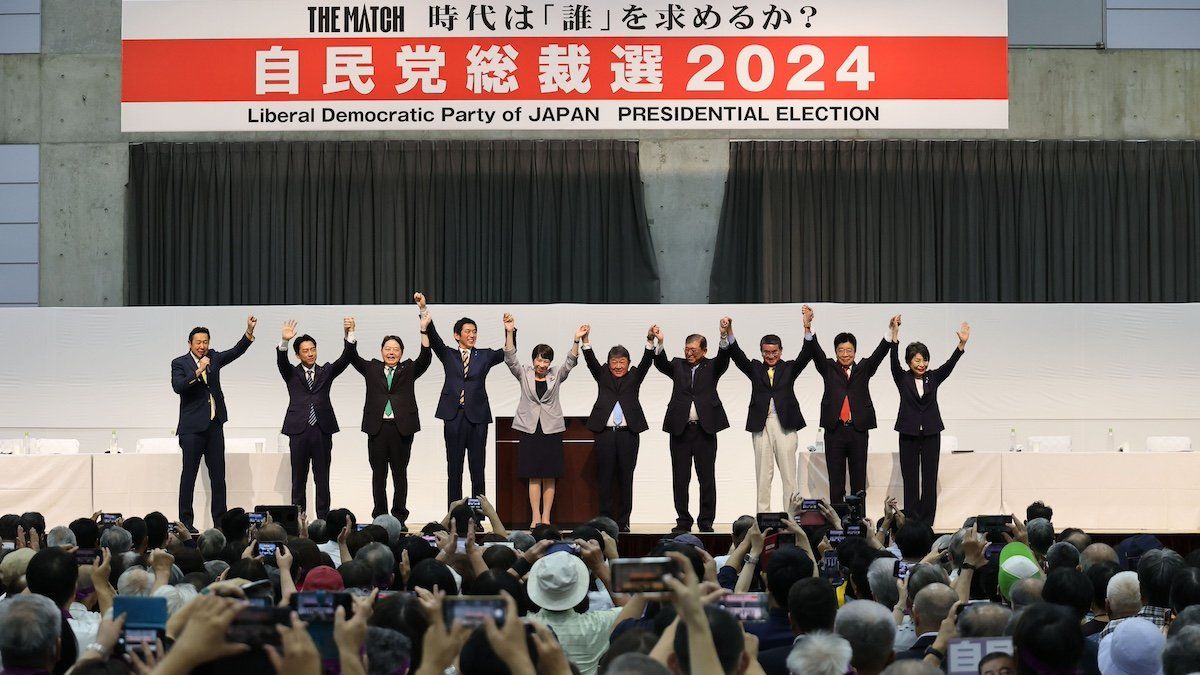Japan’s Liberal Democratic Party will elect a new president to replace Fumio Kishida on Friday, as the unpopular prime minister prepares to bow out and give his successor a fresh slate ahead of a looming general election. Three names have emerged as the leading candidates: former Defense Minister Shigeru Ishiba, Economic Minister Sanae Takaichi, and former Environment Minister Shinjiro Koizumi, the likely favorite.
What are the candidates promising? Policy-wise, the differences are marginal. Takaichi is somewhat more hawkish on China and more supportive of late PM Shinzo Abe’s economic policies than her peers. All the candidates are strong supporters of the US alliance, though Ishiba went a little further than the others by calling for an Asian version of NATO. The winner will also influence when general elections are held, with Koizumi promising to hold the vote almost immediately while Ishiba and Takaichi display more caution. But a vote must be held before Oct. 31, 2025.
It’s worth noting that, if elected, Takaichi would be the first woman to rule Japan in its modern history, and possibly the first to rule in her own name since the 8th century.
How will the vote work? The first round will be open to both elected LDP legislators and rank-and-file members, with their votes weighted equally. If no candidate secures a majority — which is likely — there will be an immediate runoff between the top two candidates, where legislators have more weight. That dynamic works against Ishiba, who is not popular among party elites. Koizumi’s more moderate image might benefit him in a runoff against the conservative Takaichi, meaning he’s a good bet if he makes it through the first round no matter who he faces in the runoff.
Whoever comes out on top, the Biden administration is hoping they’ll take a leaf from their predecessor, says Eurasia Group’s David Boling. “The White House has loved Kishida, who has made the US-Japan alliance as strong as ever, and will hope the next prime minister follows in Kishida’s footsteps,” he says.
